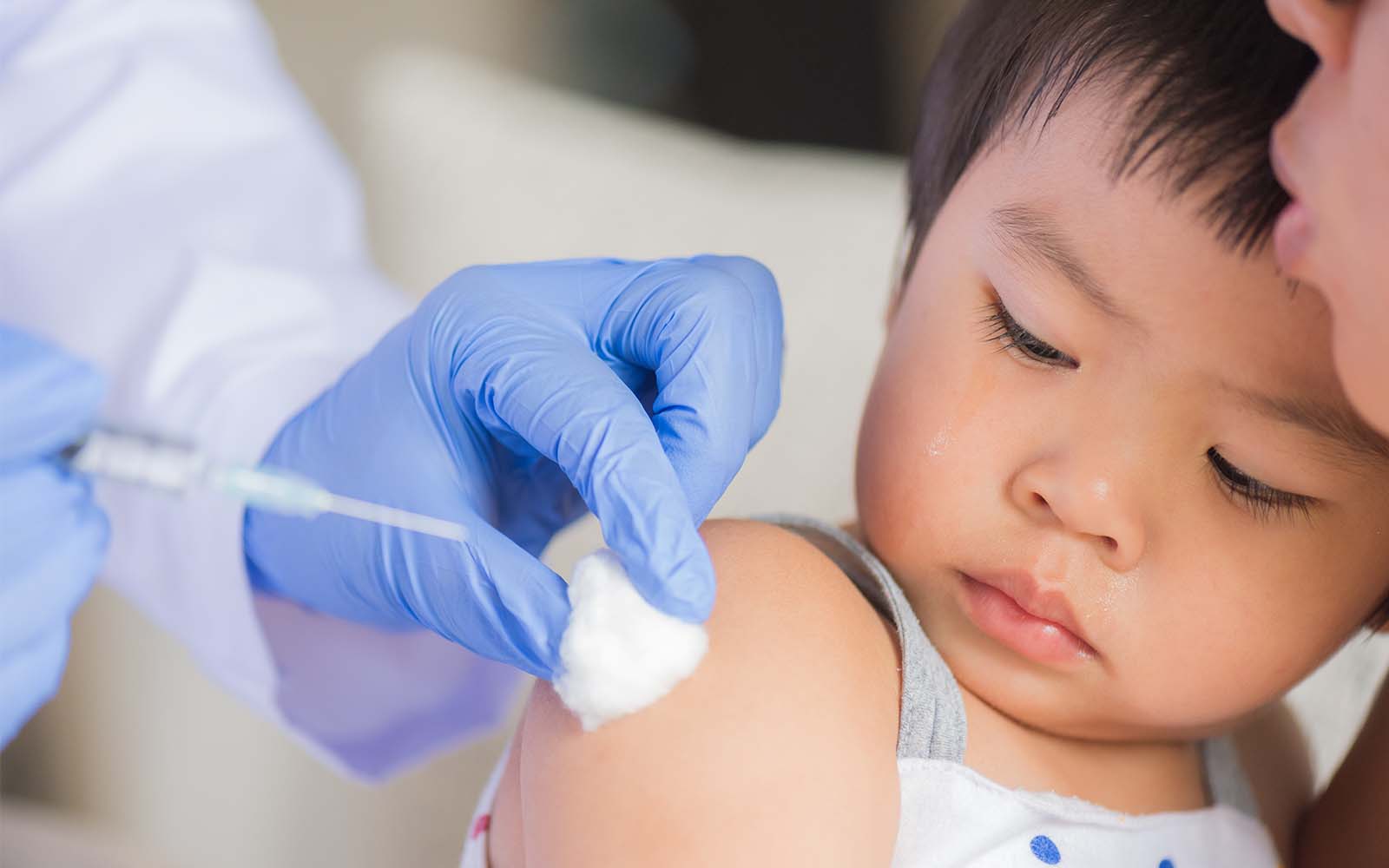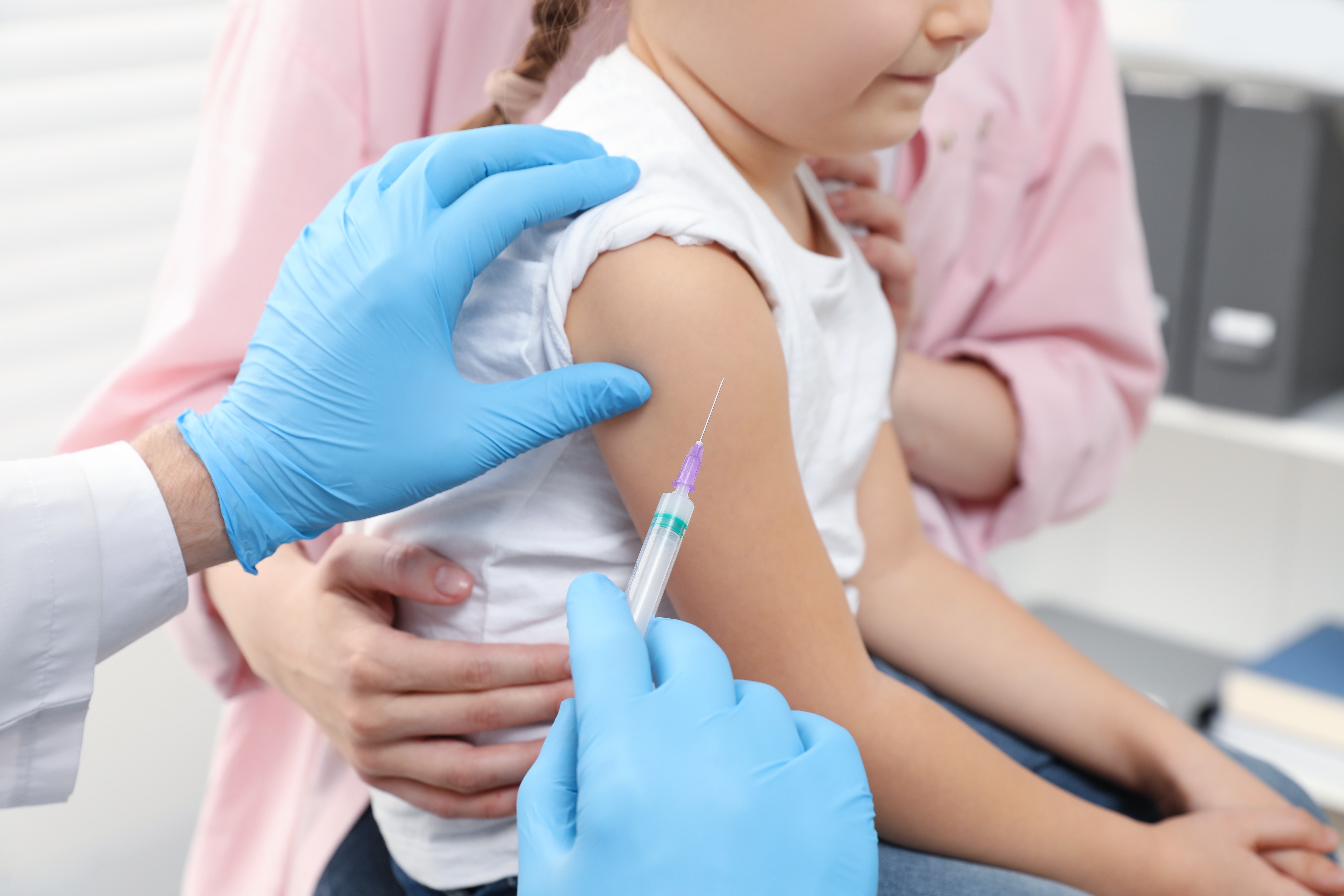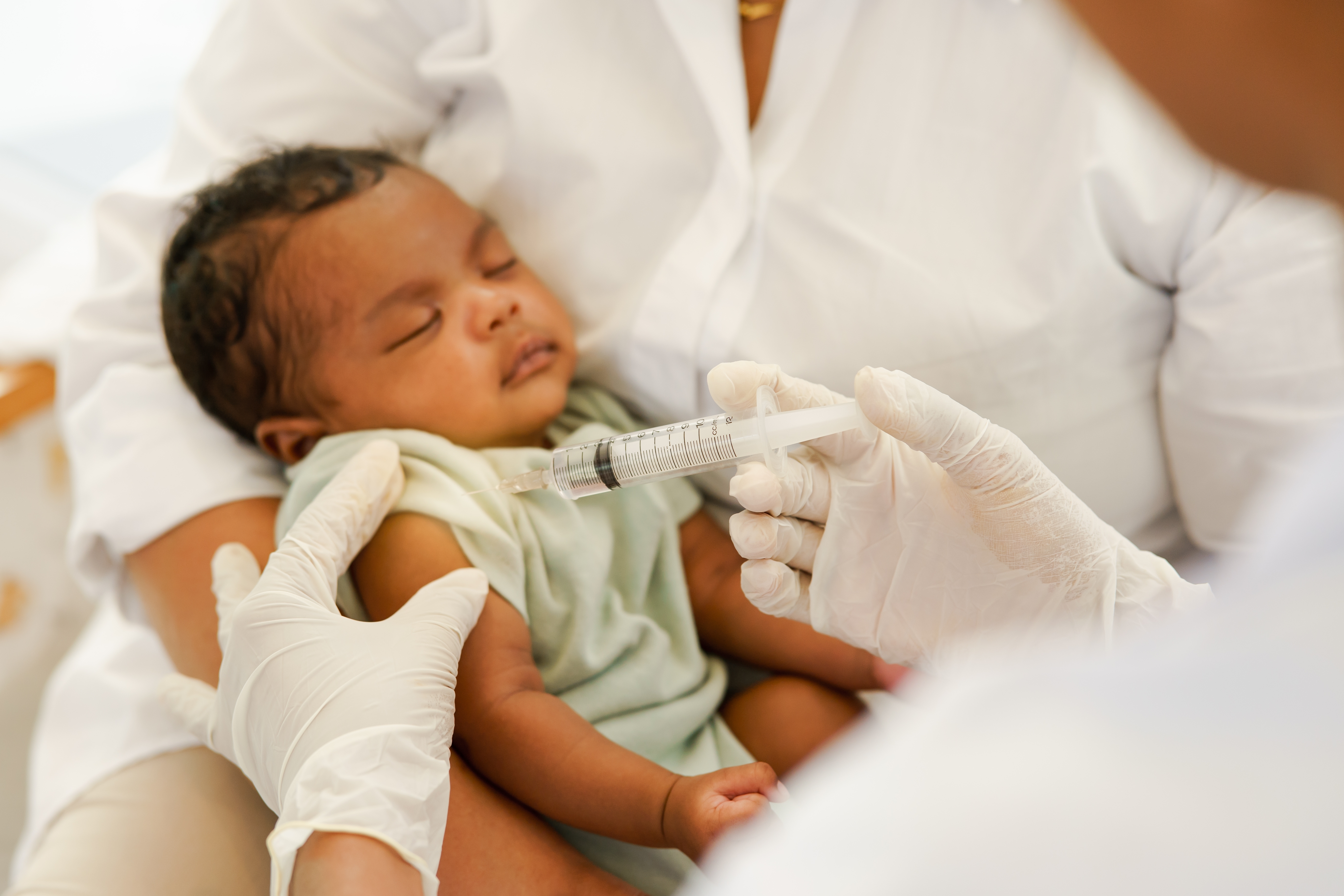
Vaccinations are a crucial part of maintaining good health. For children, it’s a parent's responsibility to make sure they receive the necessary vaccinations as they grow. Vaccines protect against serious diseases like hepatitis B, polio, and tuberculosis, which is why it's important not to overlook getting your child vaccinated. In this article, we’ll talk about the essential vaccines children need from birth to age 9.

What is a Vaccine?
A vaccine helps the body’s immune system become strong enough to fight off diseases. For example, the polio vaccine contains a safe, weakened version of the polio virus, which encourages the body to build immunity. So, if a person encounters the actual virus later, their immune system will be ready to fight it off. After getting vaccinated, it’s common to experience mild symptoms like fever, which is a sign that the immune system is working to protect you.
Why Are Vaccines Important?
Vaccines, especially for children, protect them from serious illnesses and prevent diseases from spreading to others. By getting vaccinated, your child not only stays healthy but also helps create a healthier community. The long-term benefits include fewer health complications from preventable diseases, and if everyone participates, diseases like polio can be completely eradicated, as proven by vaccination programs around the world.

Essential Vaccines for Children
Children need specific vaccines as they grow. Here’s a general guide for what they need by age:
- At Birth: Hepatitis B vaccine
- At 2 Months: Vaccines for diphtheria, whooping cough, polio, tetanus, and hepatitis B
- At 4 Months: Second doses of the same vaccines
- At 6 Months: Third doses of these vaccines
- Between 9-12 Months: Vaccines for measles, mumps, rubella, and Japanese encephalitis
- At 1 Year: Typhoid and hepatitis A vaccines
- At 18 Months: Booster shots for diphtheria, whooping cough, polio, and tetanus
- At 2 Years: Second doses of MMR vaccines
- Between 4-6 Years: More booster shots for various diseases
- At 9 Years: Vaccines for tetanus and diphtheria
- Note: These vaccines may vary slightly based on location.
Important Things to Know
- Don’t give vaccines if your child has a fever, diarrhea, or any serious illness.
- Inform your doctor if your child has any allergies or reactions to previous vaccines.
- After vaccination, stay at the clinic for a while to watch for any allergic reactions.
- If your child misses a vaccine, it’s okay to catch up—just talk to your doctor.

When to Be Concerned After a Vaccine
It’s common for children to have mild symptoms after a vaccine, but you should see a doctor if you notice:
- Redness, swelling, or pain at the injection site
- High fever for several days
- Signs of an allergic reaction (difficulty breathing, coughing, or a runny nose)
- Loss of consciousness or extreme drowsiness
If these occur, seek medical attention right away.
Vaccinating your child according to their age is one of the best ways to ensure their health and well-being. Don’t forget to visit your local health center to keep up with their vaccinations!




Comments